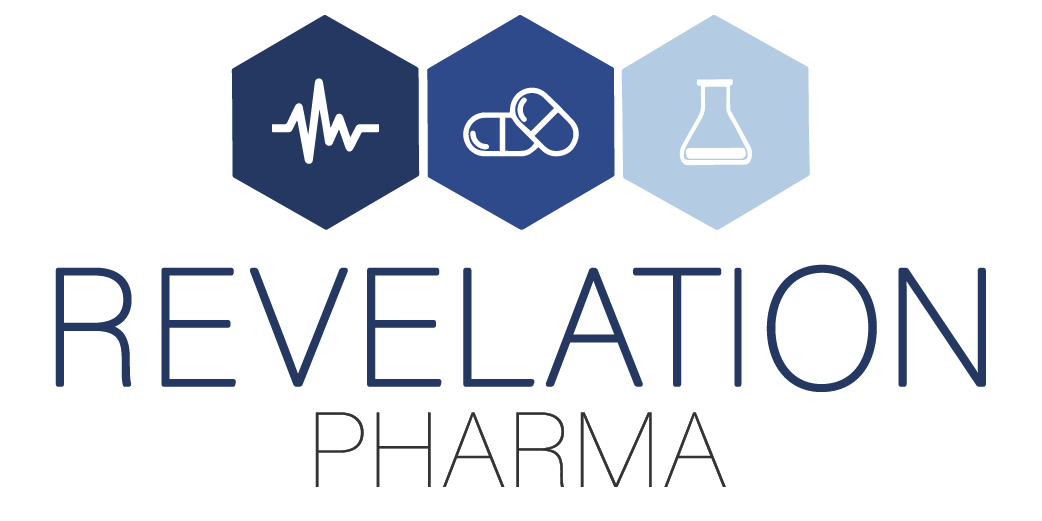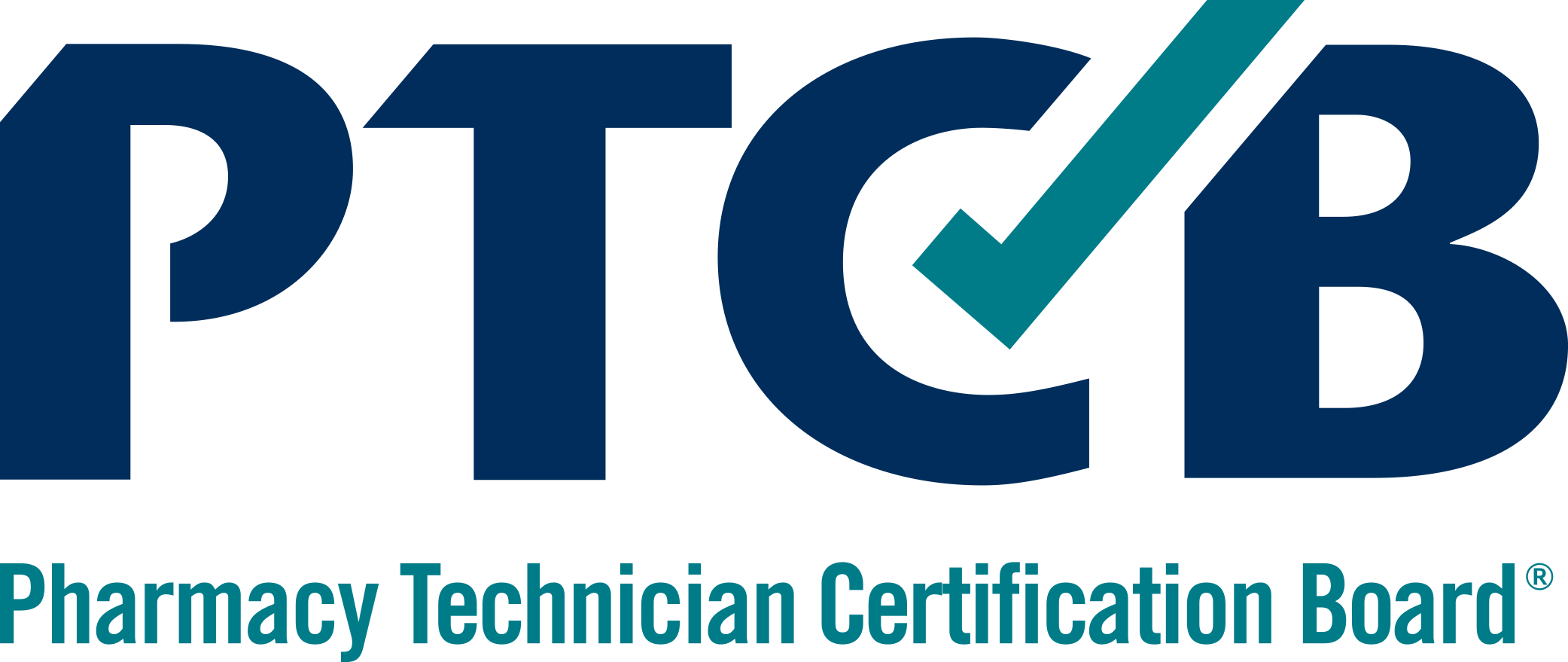January 12, 2024
APC leaders talk MOU and more in FDA listening session
In a listening session with representatives from FDA’s Center for Drug Evaluation & Research this week, APC leaders again pressed FDA to support a proposal to eliminate the MOU on interstate shipments of compounded medications.
“It’s been 27 years,” said APC Governmental Affairs Counsel David Pore in the meeting. “We’d like to put this thing to rest, and we suspect you do, too.”
Authorized by Congress in 1997, the memorandum of understanding with states was intended to provide FDA information from pharmacies that distributed more than 50 percent of their preparations across state lines. Over the years, FDA proposed several iterations of an MOU, each of which extended the reporting beyond what Congress authorized to include dispensing by traditional pharmacies pursuant to a prescription. Though the passage of DQSA and the creation of 503B outsourcing facilities – and the resulting guidance from FDA limiting 503A pharmacies to patient-specific dispensing – made the MOU obsolete, the mandate for an MOU remained in the Food, Drug and Cosmetic Act. In 2021, FDA finalized an MOU that was immediately challenged in federal court by compounding pharmacies. The court found that FDA had not followed proper procedure in promulgating that MOU and sent the agency back to the drawing board.
“DQSA pre-empted the need for an MOU,” APC’s Scott Brunner said in the meeting. “So what we’re proposing is that we eliminate that requirement in federal law and replace it with mandatory reporting by 503A pharmacies that ship more than 50 percent of their patient-specific compounded meds out of state. We would add to that a mandatory framework for all 503A pharmacies to report serious adverse events – something the agency has long sought.”
CDER Director Gail Bormel indicated that the agency is looking seriously at the proposal.
Other topics discussed at the meeting were:
- Status of draft guidance on 503B wholesaling.
- FDA’s process and evidence for recent reclassifications of substances to Category 2.
- Recent draft guidance on 503A bulks list process.
- FDA efforts to confront fraudulent sellers of semaglutide/tirzepatide.
- Anticipated changes to the process for adding substances to the “demonstrably difficult to compound” list.
- Possible enhancements to the FDA drug shortage list, including redefining the definition of shortage.
In addition to Pore and Brunner, APC representatives on the call were Board Chair-elect Joe Navarra, Immediate Past Board Chair Anthony Grzib, Board Members Matt Martin and Philip Smyth, Director of Public Policy Savannah Cunningham, and Director of Communications Allie Jo Shipman.
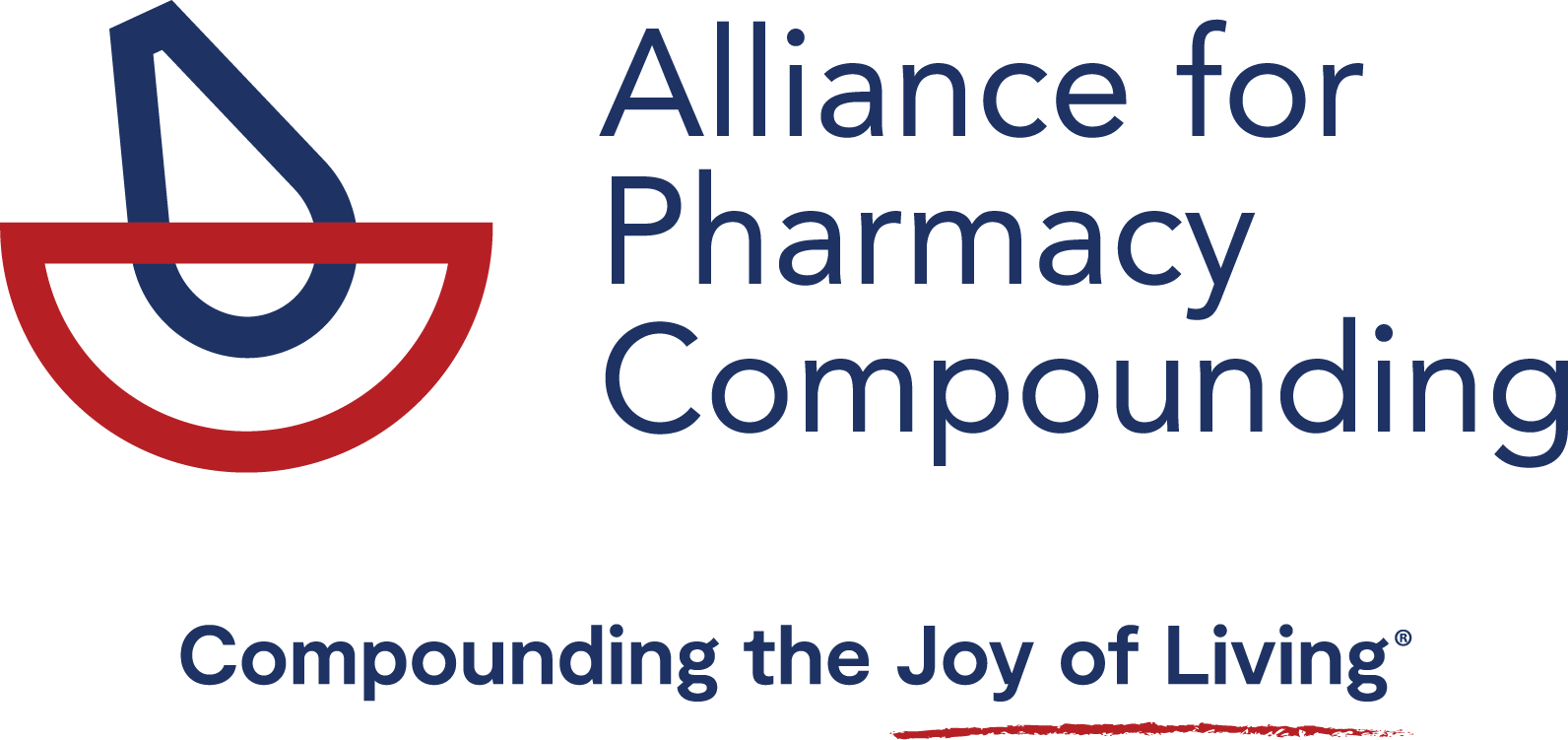

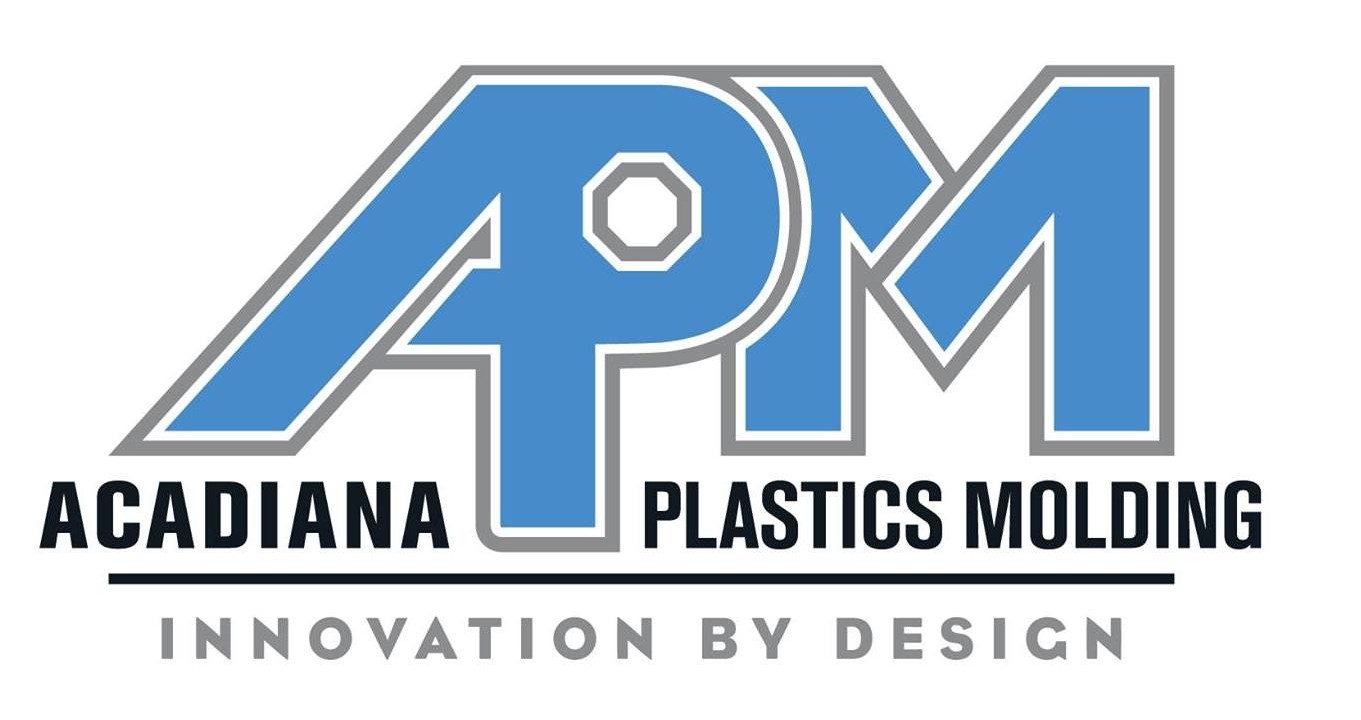














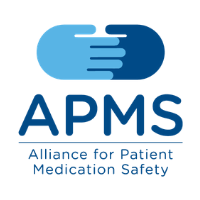
![Topi-CLICK a Division of TEAM Outlines[1]](https://a4pc.org/files/Topi-CLICK-a-Division-of-TEAM-Outlines1.png)

